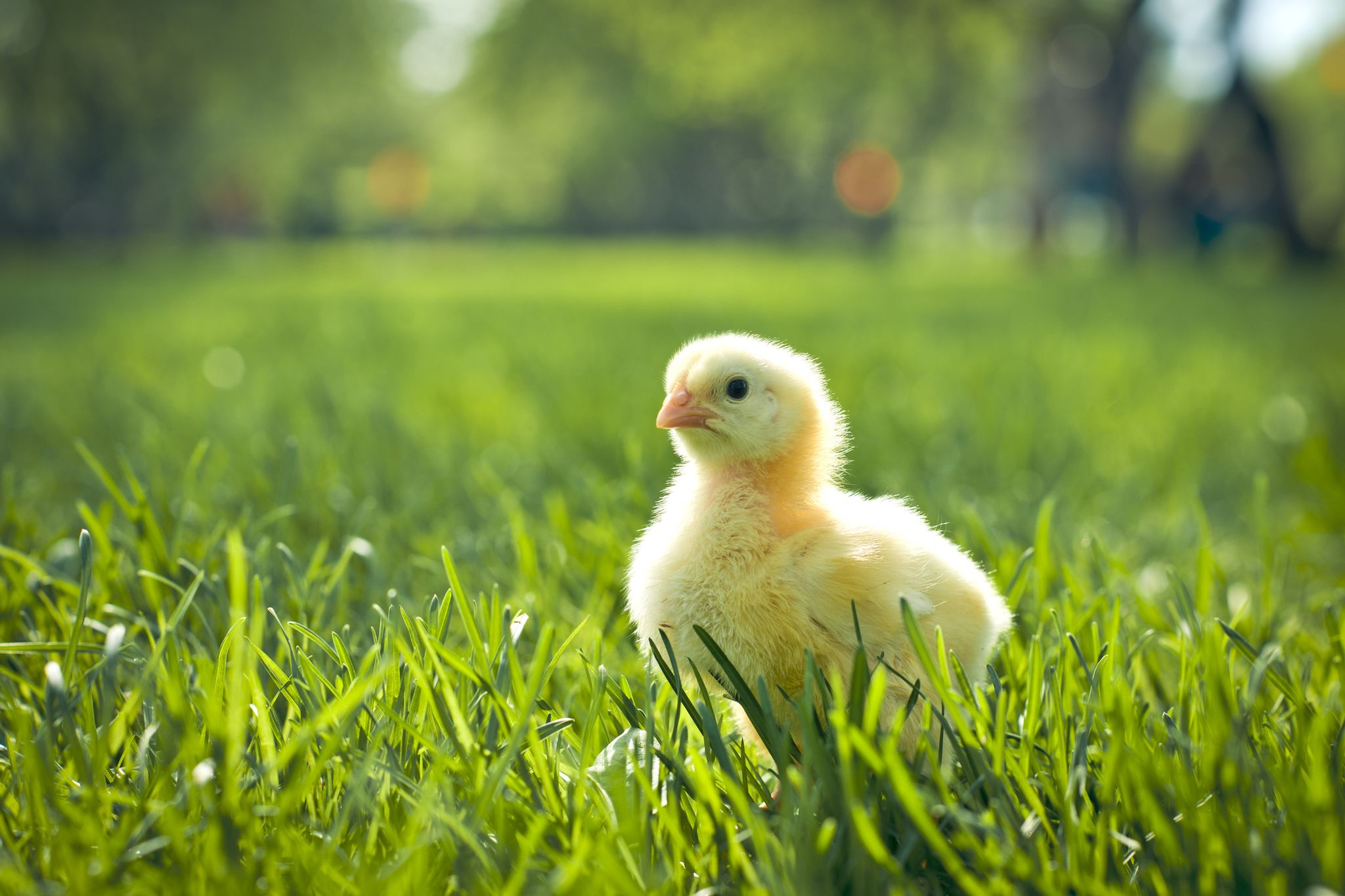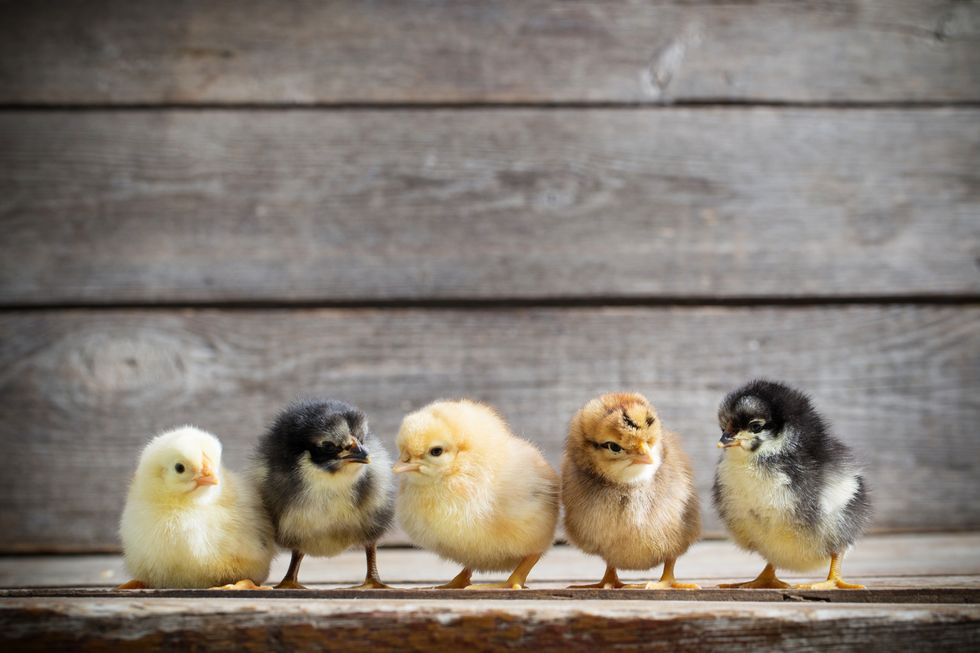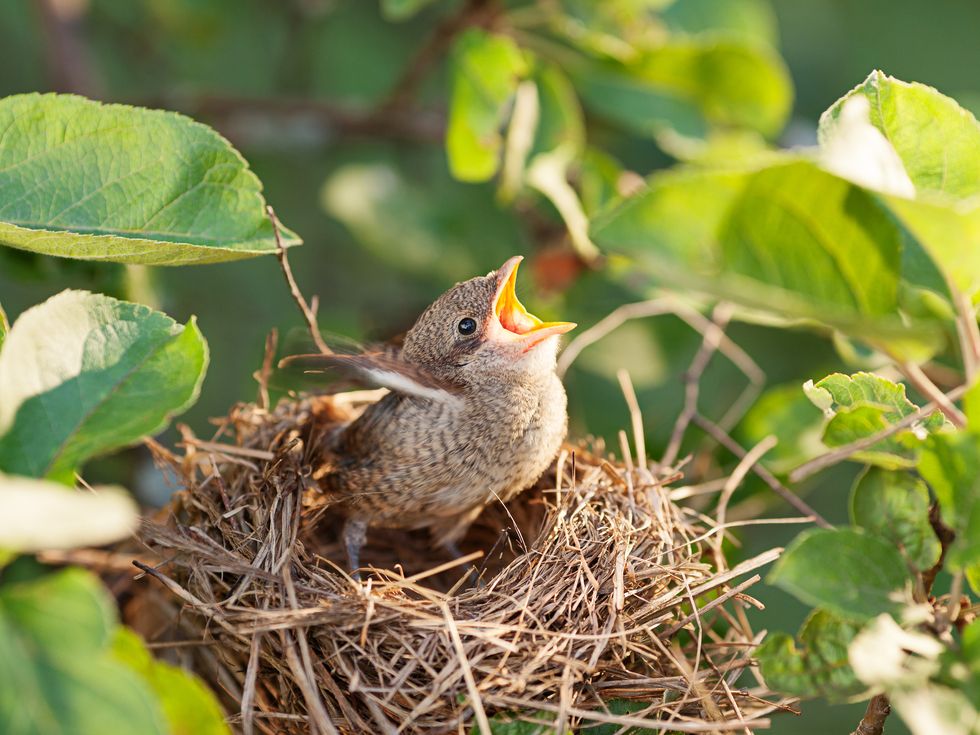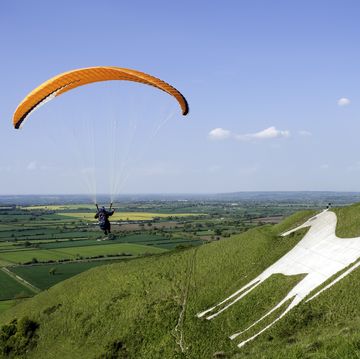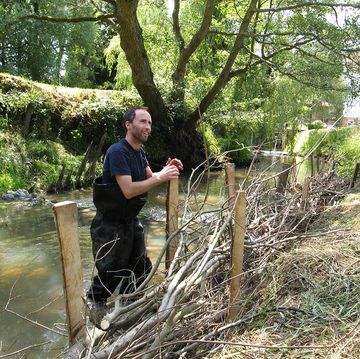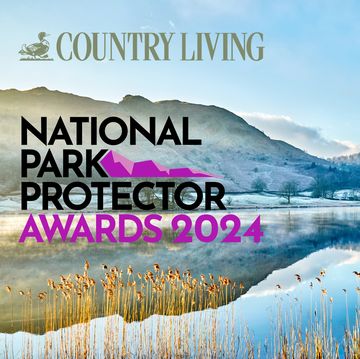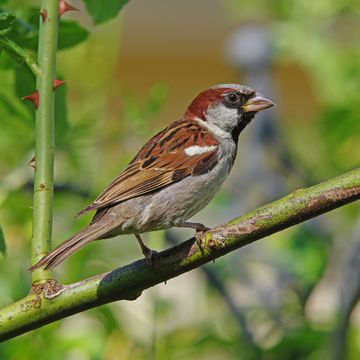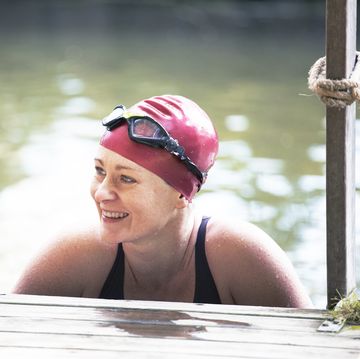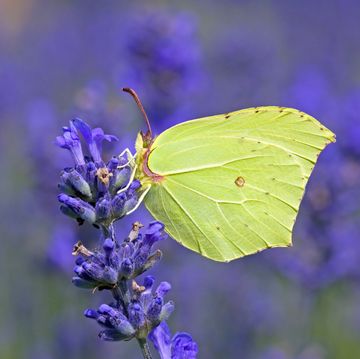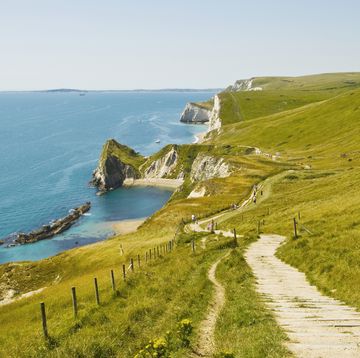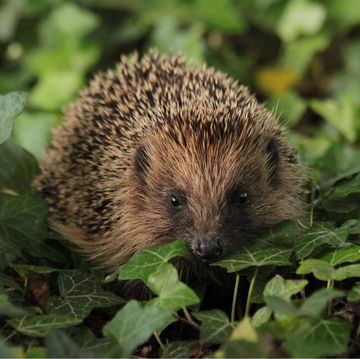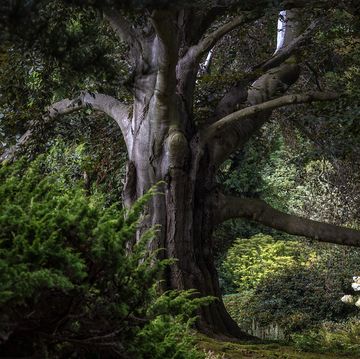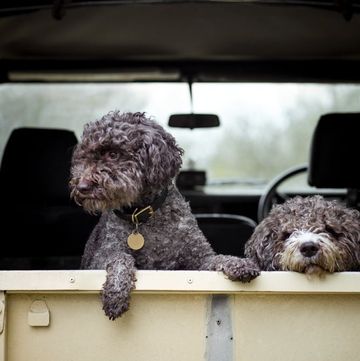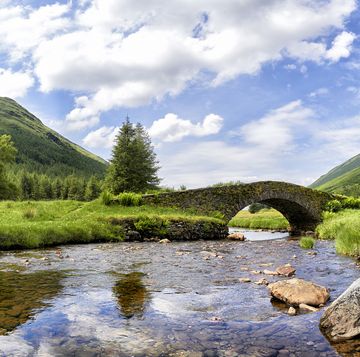The RSPB has encouraged nature-lovers to "keep their distance" rather than intervene if they spot a healthy lone chick in their garden, or whilst out and about in the countryside.
The charity says it is often inundated with well-intentioned members of the public contacting them about abandoned chicks during "the annual baby bird boom", but usually their mother is watching nearby as she teaches them to be more independent.
RSPB Wildlife advisor Charlotte Ambrose said: “Every year we get inundated with calls from people worried about an abandoned chick in their garden, desperately calling for its mum.
“It’s extremely unlikely they have been deserted and in many cases there is a parent nearby keeping a beady eye on their chick’s progress or collecting food.
“Although it’s natural to want to protect fluffy and fragile creatures hopping around all alone, the most helpful thing you can do is keep your distance."
She added: “Fledglings may appear dainty but they are tougher than they look, and typically spend a day or two on the ground before they are ready to spread their wings and take flight for the first time.
“Mum knows tough love is the only way her young will learn to fend for themselves. It is vital the chicks are left alone.”
The charity says removing a chick that is believed to have been orphaned from the wild can actually reduce its chances of survival.
There are, however, three instances where intervening is essential:
- If a baby bird is in immediate danger. "If the baby bird is found on a busy road or path, it would then be advised to pick the bird up and move it a short distance to a safer place (dense shrubbery) - this must be within hearing distance of where the fledgling was found. Similarly, if you discover your cat or dog eyeing up a fledgling in your garden we recommend that you endeavour to keep your domestic pet indoors for a couple of days – or at least around dawn and dusk."
- If a baby bird is injured. "If an injured fledgling is discovered this should be reported immediately to the RSPCA on: 0300 1234 999. Sometimes local vets treat wild birds for free, but please check with them first."
- If a baby bird is a nestling. "If a baby bird is discovered on the ground that is either unfeathered or covered only in its fluffy nestling down, it has likely fallen out of its cosy nest ahead of schedule. Very occasionally it is possible to put these babies back in their nest, but only if you are 100% positive of the nest it has fallen from and it’s safe to do so. It is also important to remember that sometimes a parent bird will intentionally eject a chick from the nest if they sense it has an underlying health problem or is dying. It’s a harsh truth to stomach, but sometimes we need to allow the law of nature to run its full circle."
You can find more information about baby birds on the RSPB website.
Like this article? Sign up to our newsletter to get more articles like this delivered straight to your inbox.
